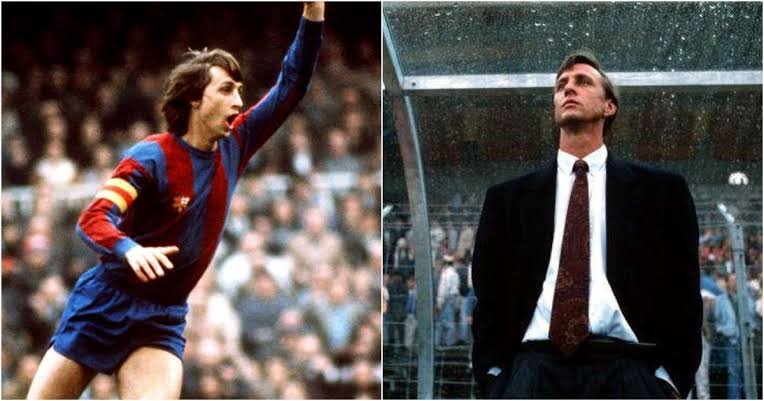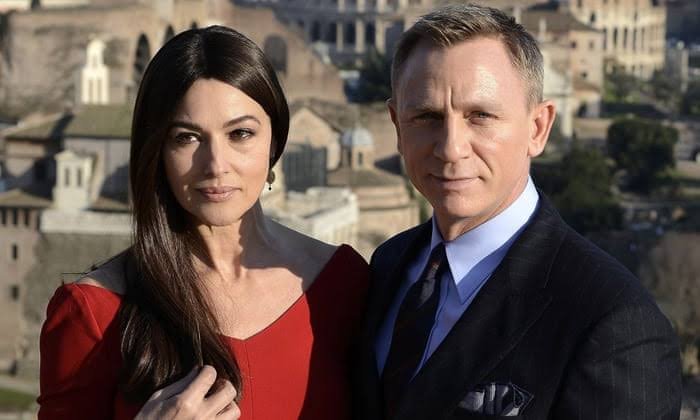
Franz Beckenbauer, widely regarded as one of the greatest footballers of all time, is known for his elegance on the field and his sharp tactical mind. Johan Cruyff, another legend of the sport, was celebrated for his visionary style of play and his profound impact on football philosophy. Though these two titans of the game had immense respect for each other’s abilities, there were moments when their rivalry boiled over, leading to pointed comments and competitive tension. One such incident, where Beckenbauer seemingly dismissed Cruyff, remains a noteworthy chapter in their storied history.
### The Clash of Titans
The careers of Beckenbauer and Cruyff paralleled in many ways. Both reached the pinnacle of the sport in the 1970s, with Beckenbauer leading West Germany to World Cup glory in 1974, the same year Cruyff’s Netherlands team dazzled the world with their “Total Football” but fell short in the final against Beckenbauer’s side. This World Cup final marked a significant moment in their rivalry, as Beckenbauer’s disciplined and organized team overcame Cruyff’s dynamic and fluid Dutch side.
### The Dismissal
Years after their playing days, Beckenbauer and Cruyff often found themselves in the role of pundits and critics of the modern game. It was during one such discussion that Beckenbauer made a remark that many interpreted as a dismissal of Cruyff’s influence and achievements. Speaking at a football conference, Beckenbauer reportedly said, “Cruyff was a great player, no doubt, but he never understood the importance of discipline and structure. His teams always played beautiful football, but beauty alone doesn’t win titles.”
This comment sparked a wave of reactions across the football community. Many saw it as an unnecessary slight against Cruyff, whose philosophy had revolutionized the game. Cruyff’s principles of positional play, pressing, and fluidity had not only led to success with Ajax and Barcelona but had also influenced future generations of footballers and managers.
### Respect and Rivalry
Despite the apparent dismissal, Beckenbauer’s remark should be seen in the context of their intense rivalry. Both men were fiercely competitive, and such comments were part of their ongoing dialogue about the game’s evolution. Beckenbauer’s emphasis on discipline and structure reflected his own footballing philosophy, which was grounded in tactical organization and defensive solidity.
Cruyff, on the other hand, believed in the freedom of expression on the field and the importance of creativity. His “Total Football” philosophy emphasized that any player could take over the role of any other player on the field, making his teams unpredictable and fluid. This clash of ideologies was at the heart of their rivalry.
### Legacy and Impact
In retrospect, both Beckenbauer and Cruyff have left indelible marks on the sport. Beckenbauer’s contributions as a player, manager, and administrator have been immense. He transformed the role of the sweeper, led Germany to World Cup victories as both player and manager, and played a crucial role in the development of modern football tactics.
Cruyff’s legacy is equally profound. His time at Ajax and Barcelona laid the foundations for their future successes, and his philosophy continues to influence contemporary football. Managers like Pep Guardiola and Ronald Koeman have openly credited Cruyff for their understanding of the game.
### Conclusion
The remark by Beckenbauer that appeared to dismiss Cruyff was more a reflection of their competitive nature and differing philosophies than a true indictment of Cruyff’s contributions. Both men respected each other’s abilities and achievements, even if they occasionally disagreed. Their rivalry, marked by moments of tension and mutual admiration, enriched the sport and pushed the boundaries of footballing excellence. In the end, both Beckenbauer and Cruyff will be remembered as legends whose legacies shaped the beautiful game in profound and lasting ways.


